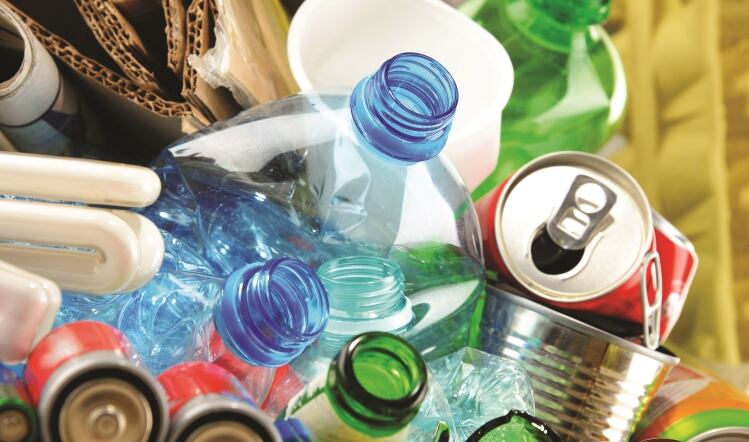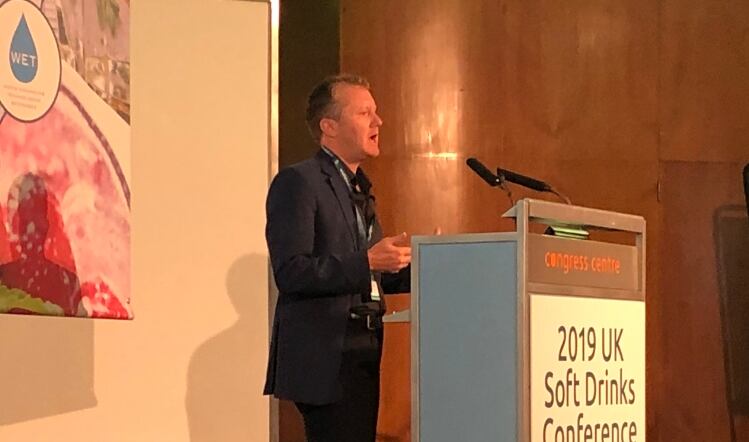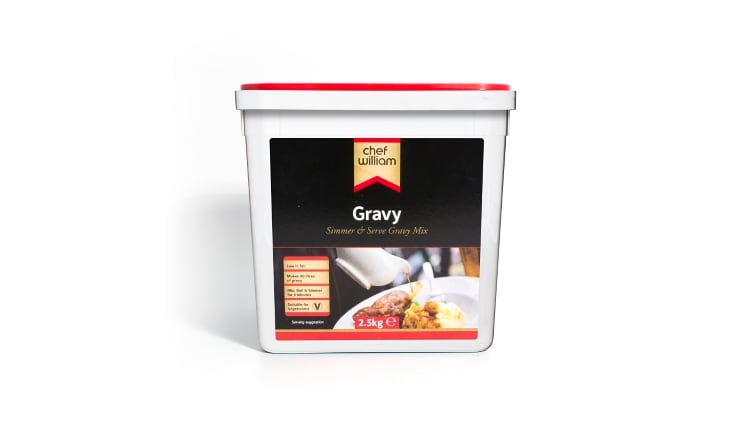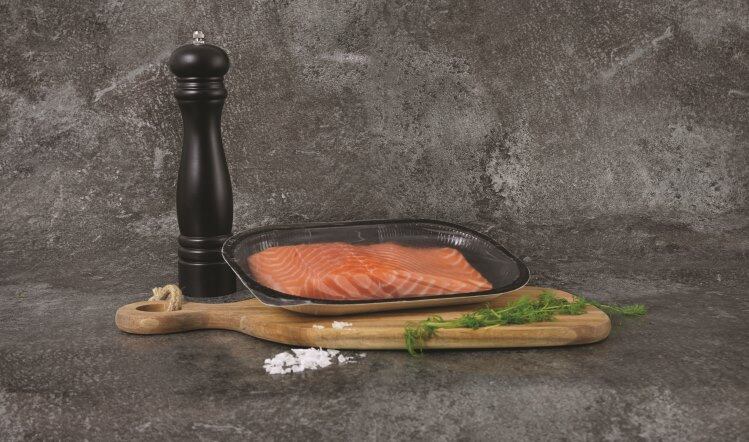WRAP marked the first anniversary of the pact by highlighting some of the businesses from across the food and drink supply chain that had taken steps to tackle plastic pollution.
The big four supermarkets – Tesco, Sainsbury’s, Asda and Morrisons – all reported the removal of plastics across a number of product lines, while the likes of Marks & Spencer and Lidl have been phasing out black plastic packaging in their stores.
In a bid to make their plastic packaging 100% reusable, recyclable or compostable, Unilever has started to make all its PG Tips team bags biodegradable. It has also worked in collaboration with waste management companies to introduce a new black pigment for packaging that is detectable by infrared scanners.
On pack messages
To boost the amount of plastic packaging that is recycled, Hovis and Coca-Cola have introduced messages on packaging to encourage consumers to recycle. Meanwhile, PepsiCo has launched a nationwide crisp packet recycling scheme in partnership with Terracycle.
Commenting on the report, WRAP chief executive Marcus Gover said: “The first year was about building solid foundations and setting a clear direction of travel for collaborative change.
“Moving forward there will be tough decisions to make, new innovations to foster, and investment to be made – all at great pace and with an urgency that reflects the scale of the problem we are tackling.”
Urgency
While WRAP’s members are committed to meeting plastic reduction goals by 2025, the organisation has challenged companies to act urgently. This included removing polystyrene and PVC from food packaging by the end of 2020 and only using plastic that can be sorted effectively in the recycling process by the end of this year.
“Our members have shown they are up for the challenge and we have great momentum to propel us forward,” Gover added. “I’m convinced we are on the way to transforming forever the way we make, use and dispose of plastic.”
WRAP’s full report can be read here.
Meanwhile, it emerged yesterday (21 May) that Cranswick had removed 600t of plastics from its supply chain during the past financial year and was targeting a similar reduction in the current financial year.
Nestlé UK’s chief executive Stefano Agostini has called for the UK plastics recycling infrastructure to be dramatically improved to help food and drink brand owners meet challenging new recycling targets.





